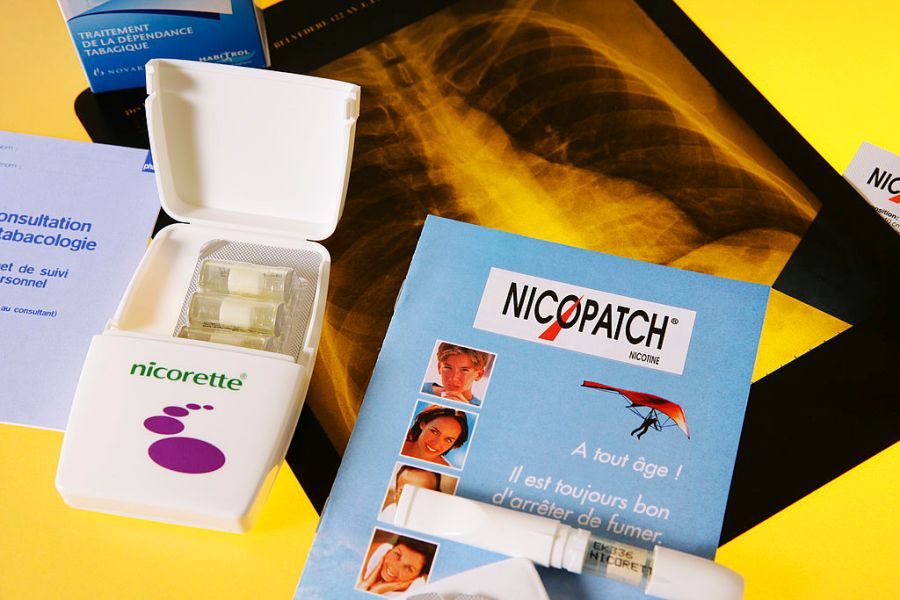
Quitting smoking can a challenging journey. Fortunately, you don’t have to go at it alone. Here are 10 great resources to help you quit smoking. Many of them either free or covered by health insurance plans.
Alere Quit for Life
Alere Quit for Life offers telephone support with a qualified Quit Counselor. The number to call is 866-Quit-4-Life. It’s a great way to get help with quitting smoking and people who participate in the program also have access to nicotine patches.
Nicotine Replacement Therapy (NRT)
NRT refers to a range of aids, from nasal sprays and patches to gums and pills that help you quit smoking. Nicotine replacement medications available on prescription include bupropion (aka Zyban) and varenicline (aka Chantix).
In-Person Counseling
Telephone programs are all well and good, but sometimes you need to be sitting in the same room as your counselor. Talking to someone in person can be useful, even if it’s just to come to thrash out your personal top 10 reasons to quit smoking.
TobaCC0 Cessation Classes
Some health insurance providers, such as Providence, can arrange for you to attend tobaCC0 cessation classes with other smokers. This can be an effective way to quit smoking because it allows you to learn from others in a similar predicament as well as experts leading the classes.
Physical Exercise
One of the best methods to quit smoking is to simply start living the lifestyle that you want to quit smoking for. For many, this includes physical activity and keeping fit. Going for a walk or a jog can also distract you from wanting to smoke.
Relaxation Techniques or Classes
For many smokers, quitting smoking means losing an important way to relax. And giving up can certainly be stressful in itself. So it’s useful to find some other relaxation techniques, such as deep breathing, muscle relaxation, music, massage or yoga.
Support Networks
Relatives and friends can help you quit smoking. Some of them might jump at the chance. And you may be surprised at how the best tool can sometimes be a chat on the phone, especially with an ex-smoker or fellow quitter.
Online Stop-Smoking Programs
Online stop-smoking programs and support groups are anonymous, but they can be very friendly too. You might want to read blogs about stopping smoking to learn how others have managed their cravings.
Chewing Fodder
There’s a reason why gum is often recommended as a treatment to quit smoking. Smokers are fixated on the mouth. The gum doesn’t even have to contain nicotine. It’s more about the chewing action itself. You could also try candy, carrots, celery, nuts and seeds.
Trigger Warnings
Identifying your triggers can be useful. In fact, a list of them could be your most reliable resource for quitting smoking. If you always smoked at parties or bars, for instance, avoid them until you’ve quit. Or if you tend to smoke while talking on the phone, you might like to try doodling instead.





